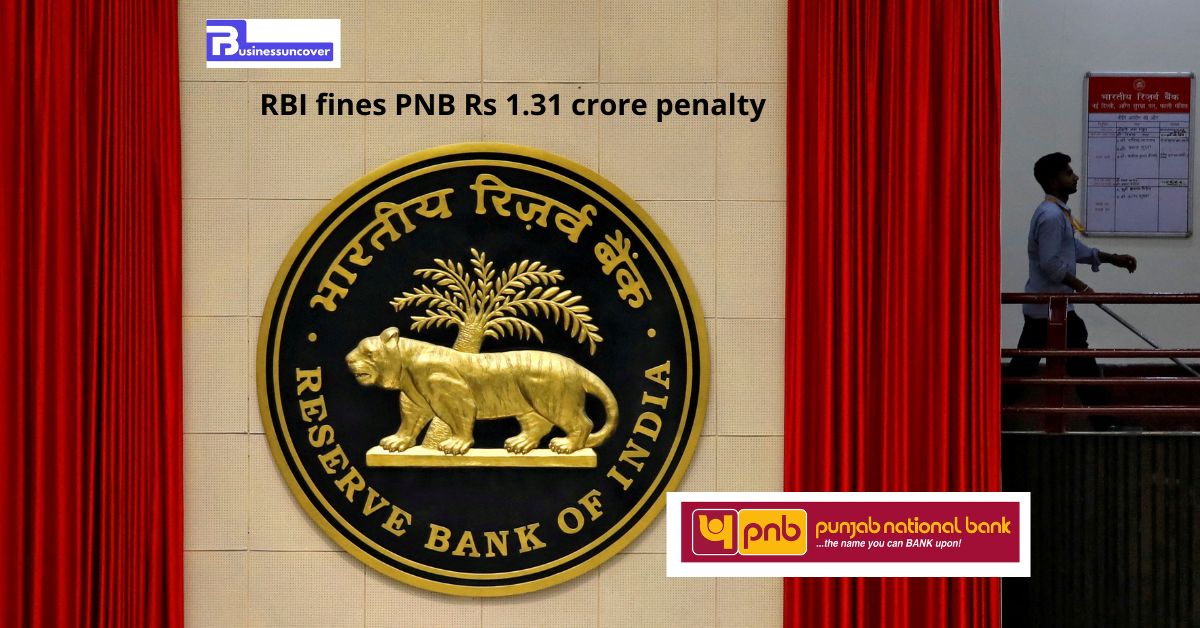Chairman and managing director (CMD) of state-owned Bharat Sanchar Nigam (BSNL), which has been steadily losing customers, told FE on Monday that the business hopes to have 20% of the nation’s mobile subscriber market by year’s end.
In order to accomplish this, the business plans to accelerate the rollout of 4G utilizing an indigenous stack throughout the year, with an emphasis on enhancing service quality and maintaining 100% network uptime. Additionally, marketing campaigns will be implemented to boost the number of users.
“It is feasible to achieve the aim of 20% of the market. According to Purwar, it will rely on the caliber of our offerings and the speed at which 4G and 5G services are deployed. “We are upgrading our offering and our customers are excited about our 4G services. Purwar continued, “BSNL has the people’s trust.
The Telecom Regulatory Authority of India (Trai) reports that as of October 31, 2023, BSNL has an 8.08% market share of mobile subscribers, making Purwar’s remarks noteworthy. By the end of October, BSNL’s subscriber count had dropped to 92.87 million after losing 21.4 million users in 22 straight months. By contrast, the market shares of Jio and Airtel are 39.3% and 32.85%, respectively. Based on Trai data, Vodafone Idea holds a 19.6% market share among mobile subscribers.
Purwar stated, “2024 will be a crucial year for us to expand our 4G services on 100,000 BTS (base transceiver stations)” in reference to the state of 4G rollouts. Almost 2,000 BTS have been built in Punjab and Haryana. New equipment is also being installed in Uttarakhand, Himachal Pradesh, East Uttar Pradesh, and West Uttar Pradesh. “As the 4G network we are installing is upgradable, we will also launch our 5G services starting in 2025,” Purwar continued.
Ashwini Vaishnaw, the minister of communications and IT, stated at a BSNL event on Monday that “by June and July this year, BSNL 4G services will be expanded to 50,000 towers and that will significantly improve the company’s image.” According to the minister, there is great trust in the 4G infrastructure that BSNL has put domestically, and the business plans to push out its 4G services extensively by Diwali this year.
In an effort to increase bandwidth and network quality, BSNL has also recently concentrated on updating its outdated equipment in a number of circles, including Delhi and Mumbai, which are serviced by MTNL. In the past, there were several issues with obsolete technology, a lack of a competitive 4G and fiber-to-the-home (FTTH) offering, and difficulties with power plant, battery, and fiber cable maintenance, among other issues. We now have a competitive product on the market, and those difficulties are being swiftly addressed,” Purwar stated.
Purwar stated, “All the decisions today are being taken keeping in view both the companies,” however he did not disclose any information regarding the BSNL and MTNL merger plan. They are seen by us as a single network comprising two businesses. To be successful, BSNL must enhance its offerings in Delhi and Mumbai, which are now serviced by MTNL. The goal is to enhance the network and reach 99% or 100% network uptime.
According to the company’s standalone financial statements, BSNL’s net loss increased to Rs 1,482 crore in the July-September quarter from Rs 1,470 crore in the April-June quarter. The company’s operating revenue for the quarter was Rs 4,071 crore, a 5.1% quarterly on quarterly (q-o-q) decline.
Since its last financial report in FY09, BSNL has declared a net loss of around Rs 1.1 trillion. From Rs 6,982 crore in FY22 to Rs 8,162 crore in FY23, BSNL’s net loss grew. This is true even though revenue increased by 14% to Rs 19,130 crore in FY23.By 2026–2027, the government anticipates that the company will become net profitable.






